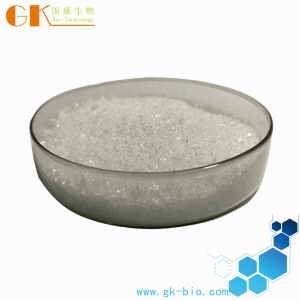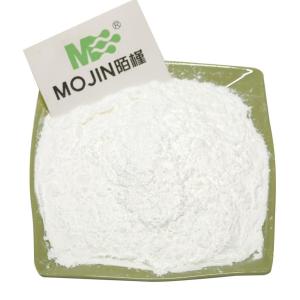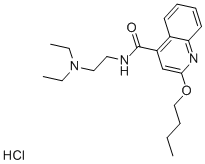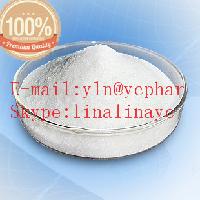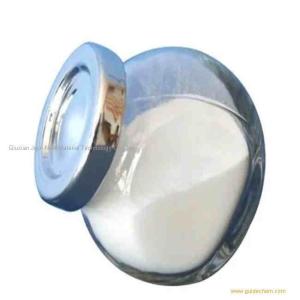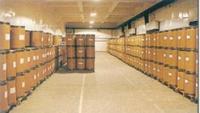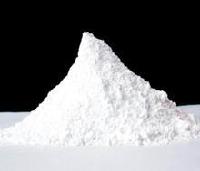Dibucaine hydrochloride (CAS 61-12-1) is a local anesthetic that is commonly used in medical and dental procedures. It is a white crystalline powder with a chemical structure consisting of dibucaine as the active ingredient and hydrochloride as the salt form. This compound is sparingly soluble in water, but it can dissolve in alcohol and chloroform. Dibucaine hydrochloride has a melting point of approximately 99-101 degrees Celsius.
Applicable Fields
Dibucaine hydrochloride is primarily used as a local anesthetic. It works by blocking the transmission of nerve signals, thus numbing the area where it is applied. This makes it useful for various medical and dental procedures, such as minor surgeries, dental extractions, and skin biopsies.
Mechanism of Action
When dibucaine hydrochloride is applied to the skin or mucous membranes, it inhibits the function of sodium channels in the nerve fibers. This prevents the generation and conduction of nerve impulses, leading to temporary loss of sensation in the affected area.
Storage Conditions
Store in a cool, dry place.
